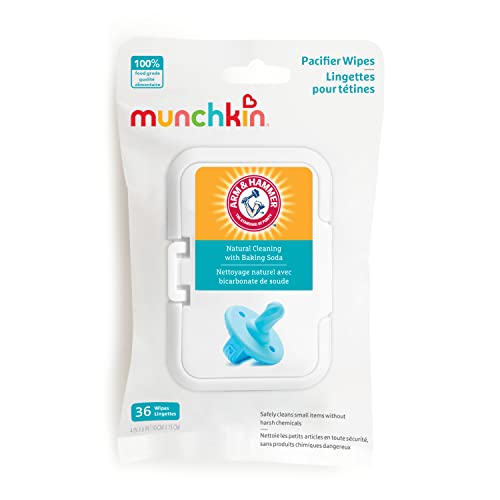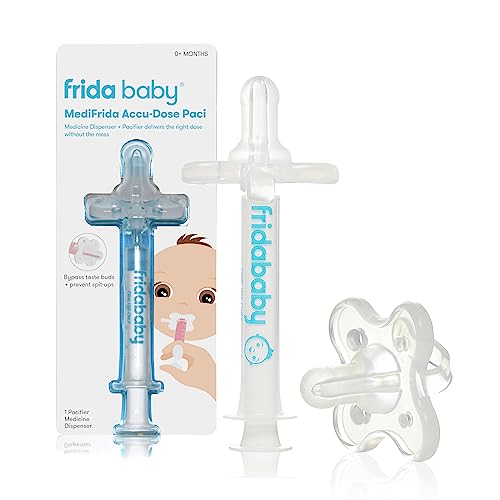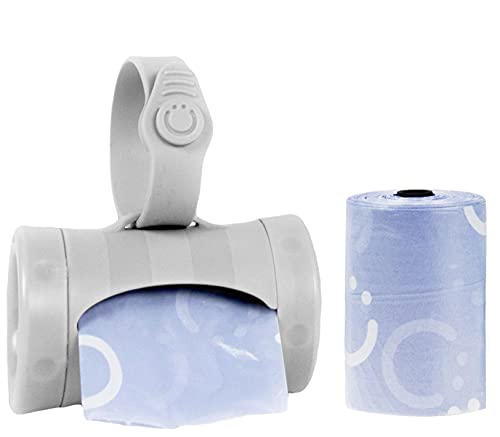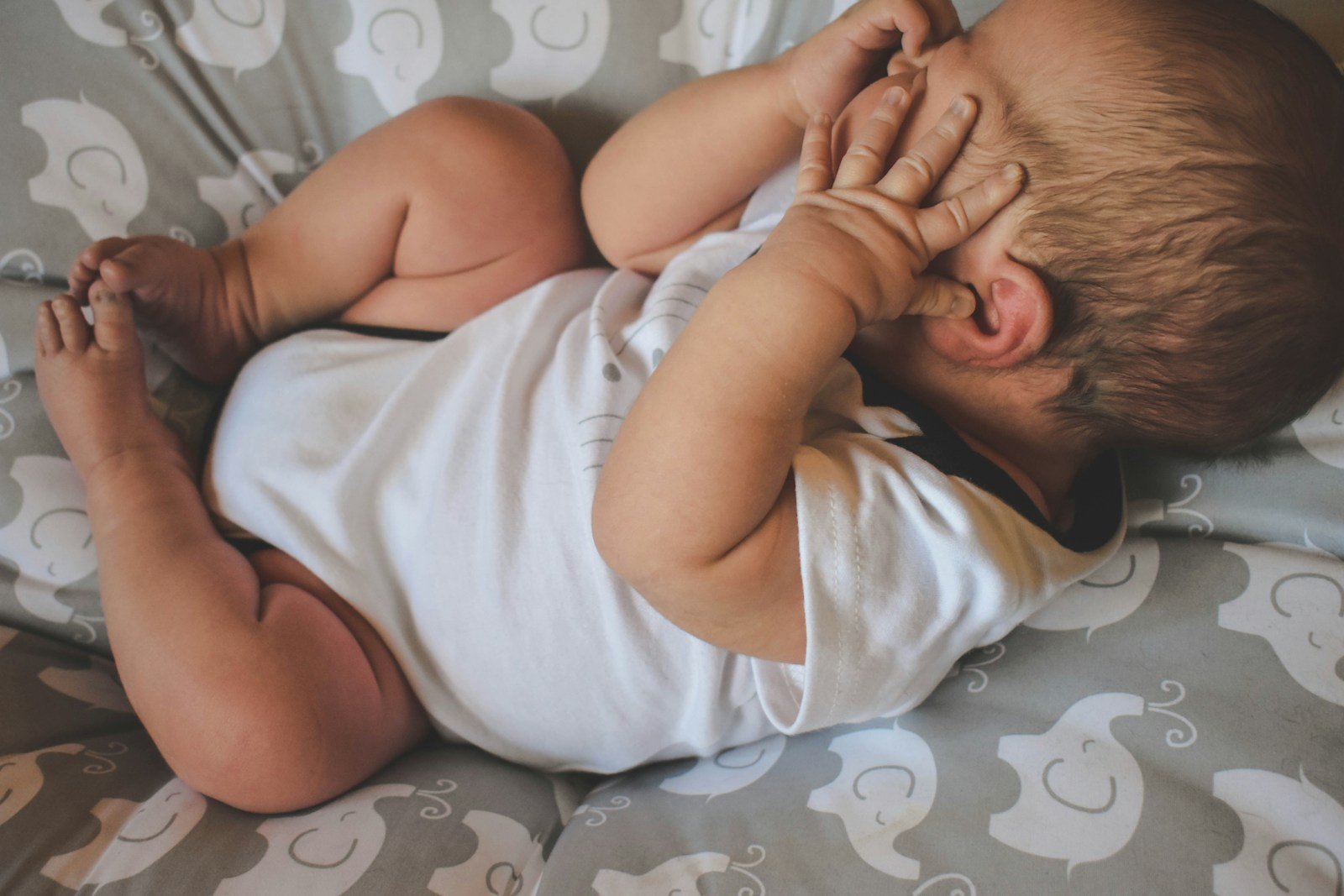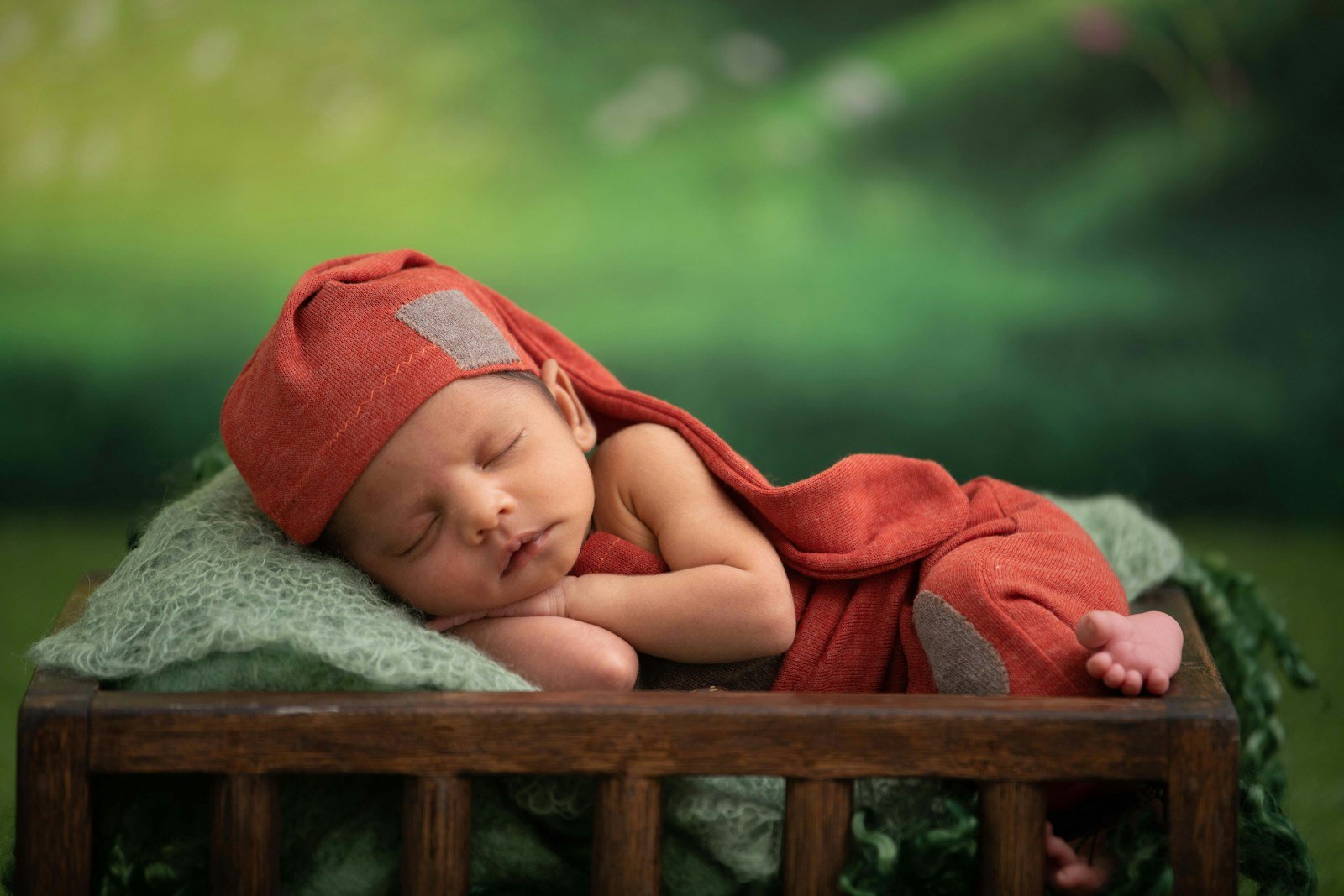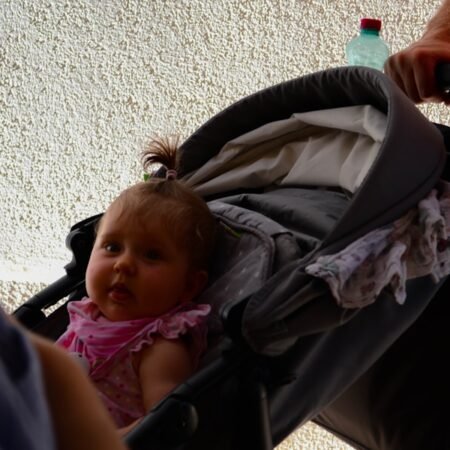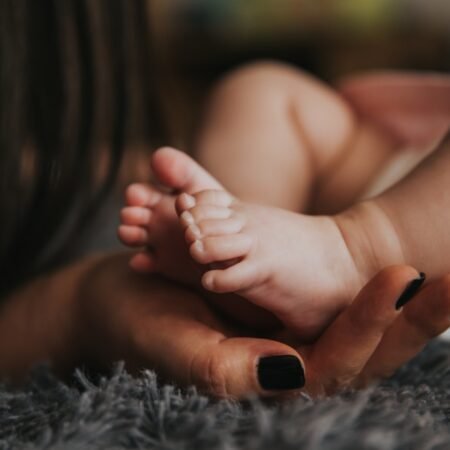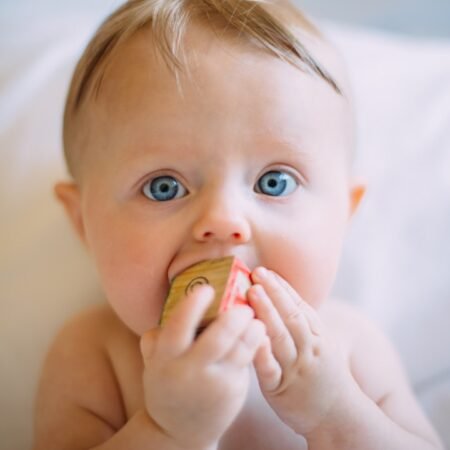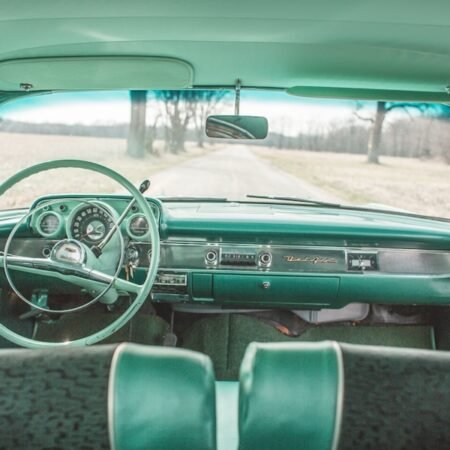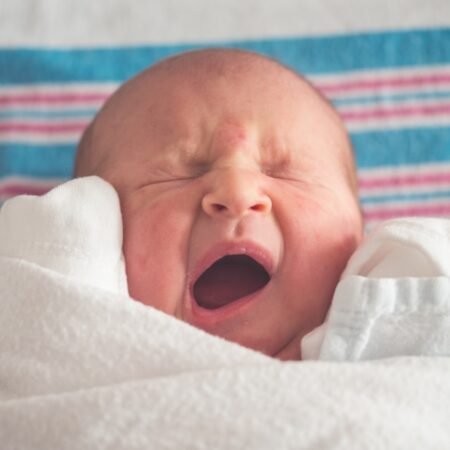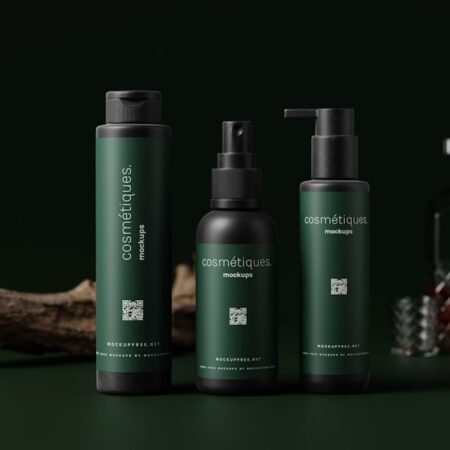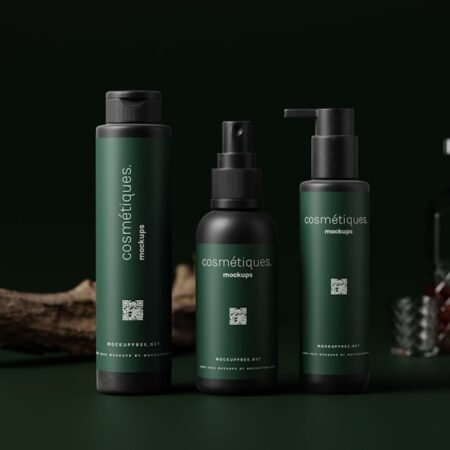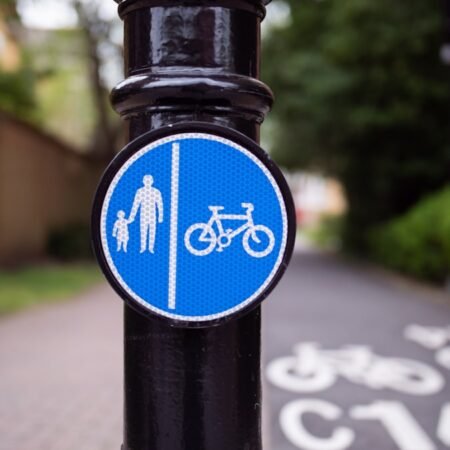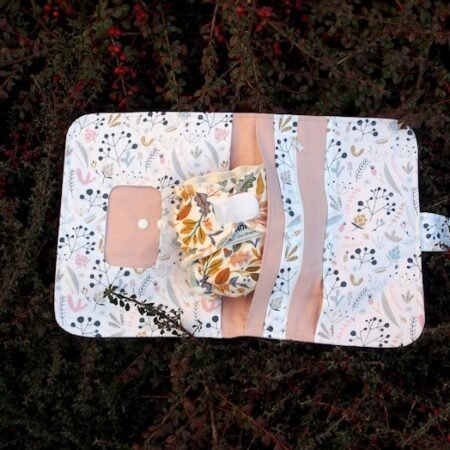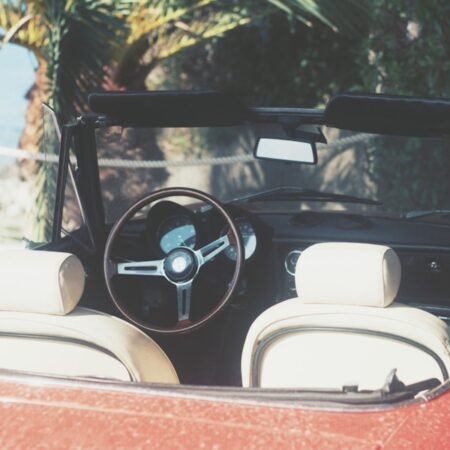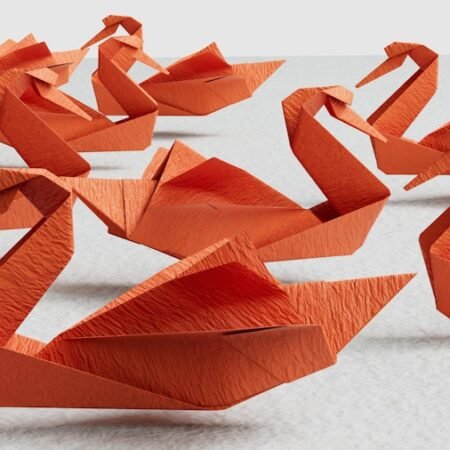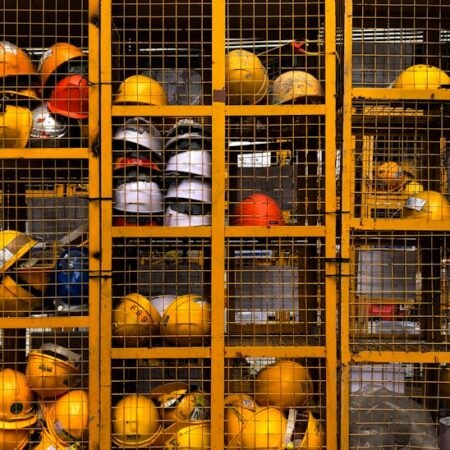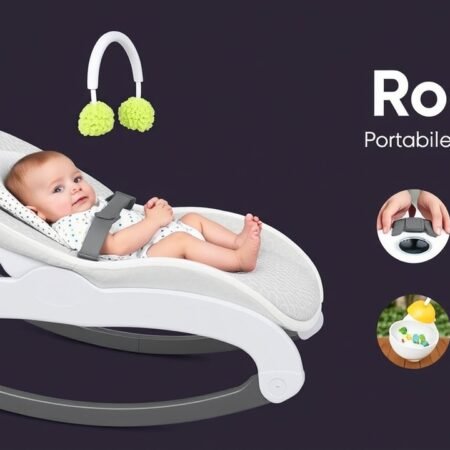As a modern parent, it is crucial to recognize the importance of selecting eco-friendly baby products for your child’s well-being and the environment. Conventional baby products can have detrimental effects on both, whereas opting for eco-friendly alternatives can significantly reduce your carbon footprint and minimize your baby’s exposure to harmful chemicals and toxins. By choosing sustainable and environmentally friendly baby products, you set a positive precedent for your child, instilling in them the value of environmental stewardship.
Moreover, eco-friendly baby products are often crafted from natural and renewable materials, which helps conserve natural resources and reduce waste. By supporting companies that prioritize sustainability, you contribute to a healthier and more sustainable future for your child. Furthermore, many eco-friendly baby products are manufactured using ethical and fair labor practices, ensuring that workers involved in their production are treated fairly and receive a living wage.
Ultimately, understanding the significance of eco-friendly baby products is vital for modern parents who strive to make informed and responsible decisions for their children and the planet.
Key Takeaways
- Understanding the importance of eco-friendly baby products is crucial for modern parents who want to make sustainable choices for their little ones.
- When choosing the best eco-friendly diapers for your baby, consider factors such as biodegradability, materials, and environmental impact.
- Eco-friendly baby clothing offers sustainable and safe options, such as organic cotton and bamboo, that are gentle on the environment and your baby’s skin.
- Using organic and natural baby skincare products can provide numerous benefits, including reducing exposure to harmful chemicals and promoting healthy skin.
- Navigating sustainable options for eco-friendly baby feeding essentials and gear is essential for creating a safe and environmentally friendly environment for your little one.
Choosing the Best Eco-Friendly Diapers for Your Baby
Cloth Diapers: A Sustainable and Gentle Choice
One popular choice is cloth diapers, which can be reused multiple times and are often made from organic cotton or other natural fibers. Cloth diapers are not only better for the environment, but they can also be gentler on your baby’s skin, reducing the risk of irritation and rashes.
Biodegradable Disposable Diapers: A Convenient Alternative
Another eco-friendly diaper option is biodegradable disposable diapers, which are made from sustainable materials and break down more easily in landfills compared to traditional disposable diapers.
Avoiding Harmful Chemicals and Toxins
In addition to considering the environmental impact of different diaper options, it’s important to choose diapers that are free from harmful chemicals and toxins. Many conventional diapers contain chlorine, phthalates, and other potentially harmful substances that can be absorbed by your baby’s delicate skin. By opting for eco-friendly diapers that are free from these chemicals, you can reduce your baby’s exposure to toxins and promote their overall health and well-being.
Making an Informed Decision for Your Baby’s Health and the Environment
Ultimately, choosing the best eco-friendly diapers for your baby involves considering both their environmental impact and their potential effects on your baby’s health.
Eco-Friendly Baby Clothing: Tips for Sustainable and Safe Options
When it comes to dressing your baby in eco-friendly clothing, there are several sustainable and safe options to consider. One popular choice is organic cotton clothing, which is made from cotton that has been grown without the use of synthetic pesticides or fertilizers. Organic cotton is not only better for the environment, but it is also softer and gentler on your baby’s skin, reducing the risk of irritation and allergic reactions.
Another sustainable option is clothing made from bamboo or hemp, which are natural fibers that require fewer resources to grow compared to conventional cotton. In addition to choosing clothing made from sustainable materials, it’s important to consider the production practices of the brands you support. Look for companies that prioritize ethical and fair labor practices, as well as those that use environmentally friendly dyes and manufacturing processes.
By supporting these brands, you can ensure that your baby’s clothing is not only safe and sustainable, but also produced in a socially responsible manner. Overall, when it comes to eco-friendly baby clothing, it’s important to prioritize both the materials used and the ethical practices of the brands you choose to support.
The Benefits of Using Organic and Natural Baby Skincare Products
| Product Category | Number of Products | Price Range |
|---|---|---|
| Diapers | 15 | 10 – 25 |
| Baby Wipes | 10 | 5 – 15 |
| Baby Clothing | 20 | 10 – 30 |
| Baby Toys | 25 | 5 – 50 |
Using organic and natural skincare products for your baby can have numerous benefits for their health and well-being. Many conventional baby skincare products contain synthetic fragrances, preservatives, and other potentially harmful ingredients that can be absorbed by your baby’s skin. By opting for organic and natural skincare products, you can reduce your baby’s exposure to these toxins and minimize the risk of skin irritation and allergic reactions.
Additionally, organic and natural skincare products are often made with gentle and nourishing ingredients that can help to soothe and protect your baby’s delicate skin. Furthermore, choosing organic and natural skincare products can have positive environmental impacts as well. Many conventional skincare products contain ingredients that are harmful to the environment, such as microplastics and chemical preservatives.
By using organic and natural skincare products, you can minimize your contribution to water pollution and reduce your carbon footprint. Additionally, many organic and natural skincare brands prioritize sustainable packaging and production practices, further reducing their environmental impact. Overall, using organic and natural skincare products for your baby can have numerous benefits for their health, as well as for the planet.
Eco-Friendly Baby Feeding Essentials: Navigating Sustainable Options
When it comes to feeding your baby, there are several eco-friendly options to consider that can help minimize your environmental impact. One popular choice is using glass or stainless steel bottles instead of plastic ones, as these materials are more durable and can be reused multiple times. Additionally, glass and stainless steel are free from harmful chemicals such as BPA and phthalates, reducing the risk of these toxins leaching into your baby’s milk or formula.
Another eco-friendly feeding option is using silicone or bamboo feeding utensils, which are made from natural materials that are biodegradable and sustainable. In addition to considering the materials used in feeding essentials, it’s important to choose organic and natural baby food whenever possible. Many conventional baby foods contain synthetic pesticides, preservatives, and other potentially harmful ingredients that can be detrimental to your baby’s health.
By opting for organic and natural baby food, you can ensure that your baby is consuming safe and nutritious meals while also supporting sustainable farming practices. Overall, navigating sustainable options for eco-friendly baby feeding essentials involves considering both the materials used in feeding utensils and the quality of the food being served to your little one.
Eco-Friendly Baby Gear: Finding Safe and Sustainable Options
When it comes to choosing eco-friendly baby gear, there are numerous safe and sustainable options available that can help minimize your environmental impact. One popular choice is using wooden or bamboo toys instead of plastic ones, as these materials are biodegradable and renewable. Additionally, wooden and bamboo toys are often free from harmful chemicals such as phthalates and lead, reducing the risk of these toxins being ingested by your baby.
Another eco-friendly option is using organic cotton or hemp baby carriers and wraps, which are made from natural fibers that are gentle on your baby’s skin while also being better for the environment. In addition to considering the materials used in baby gear, it’s important to choose products that are designed to be durable and long-lasting. By investing in high-quality items that can be reused or passed down to future siblings or friends, you can reduce your contribution to landfill waste and minimize your overall consumption.
Furthermore, many eco-friendly baby gear brands prioritize ethical production practices and sustainable packaging, further reducing their environmental impact. Overall, finding safe and sustainable options for eco-friendly baby gear involves considering both the materials used in the products and the longevity of their use.
Tips for Creating a Sustainable Nursery for Your Baby
Creating a sustainable nursery for your baby involves making informed choices about the materials used in furniture, decor, and other essentials. When choosing furniture for your nursery, opt for pieces made from sustainable materials such as bamboo or reclaimed wood. Additionally, look for furniture that is designed to grow with your child, reducing the need for frequent replacements.
When it comes to decor, consider using non-toxic paint and wallpaper made from recycled materials to minimize off-gassing and reduce waste. In addition to considering the materials used in nursery essentials, it’s important to prioritize energy efficiency and waste reduction in your nursery design. Choose LED light bulbs and energy-efficient appliances to minimize electricity consumption, and consider using cloth diapers instead of disposable ones to reduce landfill waste.
Furthermore, consider incorporating plants into your nursery decor to improve air quality and create a calming environment for your little one. Overall, creating a sustainable nursery for your baby involves making conscious choices about the materials used in furniture and decor while also prioritizing energy efficiency and waste reduction. In conclusion, understanding the importance of eco-friendly baby products is essential for modern parents who want to make informed and responsible choices for their children and the planet.
From choosing eco-friendly diapers and clothing to using organic skincare products and sustainable feeding essentials, there are numerous options available that can help minimize your environmental impact while also promoting your baby’s health and well-being. By prioritizing sustainable options for baby gear and creating a sustainable nursery environment, you can set a positive example for your child while also contributing to a healthier and more sustainable future for all. Ultimately, by making informed choices about eco-friendly baby products, modern parents can play a significant role in shaping a better world for their children to grow up in.
FAQs
What are eco-friendly baby products?
Eco-friendly baby products are items designed and manufactured with the environment in mind. They are made from sustainable materials, are biodegradable, and have minimal impact on the environment.
Why should I consider using eco-friendly baby products?
Using eco-friendly baby products helps reduce your baby’s exposure to harmful chemicals and toxins, minimizes environmental impact, and supports sustainable and ethical manufacturing practices.
What are some examples of eco-friendly baby products?
Examples of eco-friendly baby products include organic cotton clothing, bamboo baby utensils, biodegradable diapers, non-toxic baby skincare products, and wooden toys made from sustainable materials.
Are eco-friendly baby products more expensive?
In some cases, eco-friendly baby products may be more expensive than conventional products due to the use of sustainable materials and ethical manufacturing practices. However, the long-term benefits to your baby’s health and the environment may outweigh the initial cost.
Where can I find eco-friendly baby products?
Eco-friendly baby products can be found at specialty baby stores, online retailers, and eco-conscious marketplaces. Many mainstream retailers also offer a selection of eco-friendly baby products.






